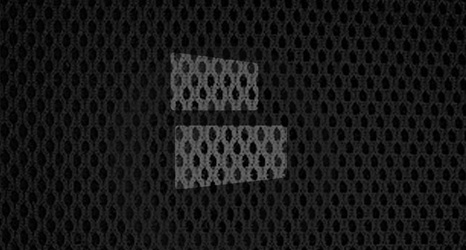That means people convicted of a crime in Utah could now face additional penalties if it’s proven they targeted their victim based on his or her membership of a protected class, like ancestry, disability, gender identity, national origin, age, military service, race, religion or sexual orientation.
While critics had raised concerns that SB103 would exclude certain people while offering special legal protections for others, advocates say enhanced penalties are important because hate crimes victimize not only the person directly attacked but also the communities they terrorize.
Debate over the proposal in the state Legislature was sometimes emotional, as lawmakers talked about constituents, acquaintances and family members who have been targeted because of their race, ethnicity or religion.
